Advertisement
Reporter's Notebook
A Blossoming Scene And A Lack Of Venues, Optimism And Caution: Where Hip-Hop Stands In Boston
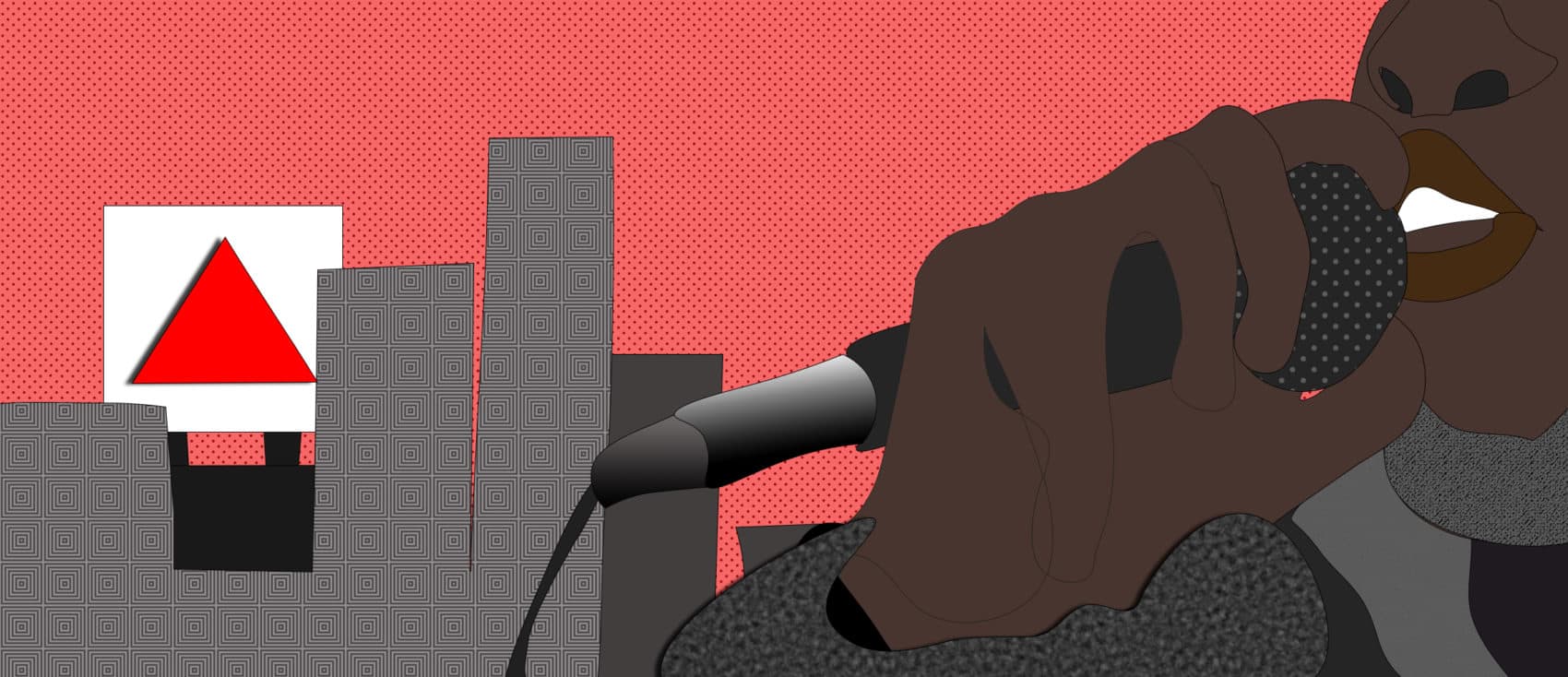
One of the great things about reporting on a beat is that you become privy to the inner workings of a community. When the tape stops rolling, the conversation starts to wander. People will tell you things in casual conversation that they wouldn't on the mic.
I've been covering the Boston music scene for more than six years. Whenever I talked to hip-hop artists in the course of reporting, I heard a refrain: It was really hard to secure gigs. Sometimes venues would say outright that they didn't book hip-hop at all. Meanwhile, rappers like Drake and Cardi B dominated the national charts, and in 2017 hip-hop finally outpaced rock as the most consumed genre in America.
The time was ripe to dig deeper into the problem.
In February of last year, after months of making calls, conducting interviews and going to shows, we published a lengthy report titled "Is Boston Hostile To Hip-Hop?" In it, artists and promoters described a local music ecosystem in which hip-hop was systemically marginalized. They reported instances of shows getting shut down for no clear reason and described aggressive pat-downs by bouncers. Most often they talked about being shut out of venues that refused to book hip-hop. Their voices joined a growing chorus of Boston artists accusing music scene gatekeepers of racism and calling for change.
One of the people I interviewed, a promoter named Marquis Neal, implored me to check back in a year’s time. He was sure there would be an initial reaction by venues and talent buyers in response to the publicity, but he doubted that public call-outs would bring about lasting change.
So here we are, one year later. I've been speaking to people with ties to the Boston hip-hop scene: artists, promoters, talent buyers, venue owners, a radio host. They paint a complicated picture of a local music industry that is improving but still deeply imperfect. Expressing both optimism and caution, they fear systemic change is still a long way off.
"I think we're starting to now get over the hurdle of venues," says the rapper Brandie Blaze. "Is it still an issue? I would say yes. Is it the same issue? I would say no."
"Is it still an issue? I would say yes. Is it the same issue? I would say no."
Brandi Blaze
A year ago, the Middle East Restaurant & Nightclub in Cambridge was the only venue to reliably book hip-hop. Since then we've seen it weather scrutiny after accusations of sexual assault against owner Joseph Sater surfaced online. (Sater ultimately retired from his managerial position at the club.) Though a number of artists and promoters, including the Boston rapper Oompa, pulled shows from the venue, the Middle East and its sister venue Sonia continue to function as a primary platform for many Boston hip-hop artists.
But other venues have staked their claim on the scene. Local rappers have begun to crop up on bills at smaller venues more closely associated with rock and folk music, like ONCE in Somerville, Great Scott in Allston and the Milky Way in Jamaica Plain. Recently, Atwood's Tavern in Cambridge, best known for intimate Americana concerts, announced a monthly hip-hop series, called Sketchbook, curated by the Boston rapper Cliff Notez. Mixed genre shows have also become more common, with underground booking platforms like Boston Hassle and Allston Pudding — both better known for their ties to indie and experimental rock — leading the charge.
Advertisement
Neal believes that speaking publicly helped. Last year, the promoter said he was having trouble finding a venue to throw the third installment of The Pull Up, a series spotlighting up-and-coming hip-hop artists in Boston. (Neal and I work in the same office — he's the technical director for WBUR's and NPR’s Only A Game.) Since then, the booking company Neal co-owns, N.E.O.N.E., has put on three hip-hop events in the area. “People were saying things like ‘racist,’ ” Neal says. “If you’re a venue, you don’t want to be associated with words like that.”
Bridget Duggan, who works as the assistant booking manager at ONCE and the entertainment and marketing coordinator at the Milky Way, believes the complaints by local hip-hop artists registered with venue owners. “It definitely made a difference, I think,” she says. “Drawing awareness to those things is so important.”
Still, hip-hop accounts for only a small portion of the music programmed at most venues in Boston. Some artists worry that the inclusion of hip-hop in those spaces amounts to tokenism. “There are some people who are doing it right and who really believe in hip-hop,” Oompa says. “But there’s a lot more people I’ve witnessed who don’t actually care about the livelihood of artists, but they know that they don’t want to be left out of the conversation about a culturally inclusive space or entity. … So they would put one or two people on the bill and you'll never see [hip-hop] again for the rest of the year.”
Artists and promoters caution that the work is far from over. “Having the opportunity to create the series Sketchbook [at Atwood’s Tavern] is definitely a privilege in a lot of ways,” Cliff Notez says. “But at the same time, what’ll make me really happy is if it’s just normalized. If it just becomes a thing that is just something that everybody can do, and everybody can sell out these small venues and have a hip-hop show, and think that they can do it in any of the venues in the city.”
"...what’ll make me really happy is if it’s just normalized. If it just becomes a thing that is just something that everybody can do, and everybody can sell out these small venues and have a hip-hop show, and think that they can do it in any of the venues in the city."
Cliff Notez
The conversations I had this time around covered a range of issues facing hip-hop and the local music scene. People talked at length about access to venues, the state of hip-hop in Boston, and their hopes for the future. They didn’t always agree.
Here are excerpts from some of those conversations:
Oompa
Rapper
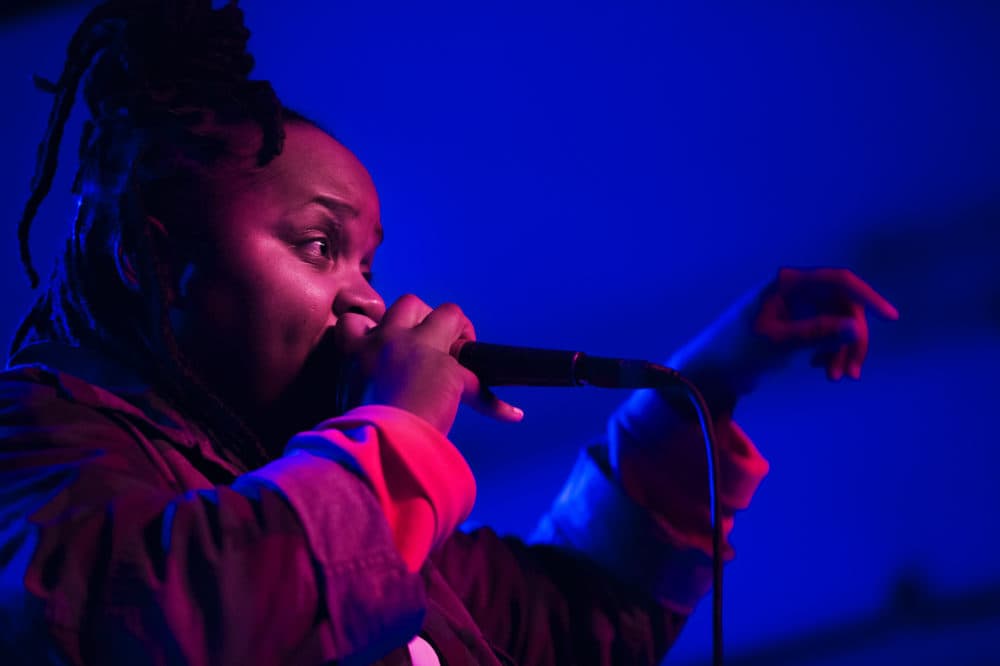
There’s no one sound in Boston hip-hop, which is really cool. So here's somebody like Billy Dean [Thomas], who has this alternative kind of sound, like a Gothic sound, to the hip-hop. And you might turn around and hear Moe Pope, who has this rock-metal-punk influence in his hip-hop. You might hear Latrell [James], who's super melodic and lyrical. There's this range of different talents that exist.
I think I have the language to contextualize what I do in a way that disarms a lot of different audiences who would otherwise be put off by the music that I do or the genre I represent. … But I think that there are a lot of my peers who don't, and shouldn't have to have that language, honestly, in order to have their work validated.
I think we'll see more inclusive music scene when we see a more inclusive Boston that doesn't pretend to be an inclusive Boston, but really is an inclusive city. ... I think one of the things the city can do is truly use some of its funds to invest in artists that are really trying to do the work and really trying to make their dreams come true.
Uncle Sam
Host of 'Live Free Or Die Radio'
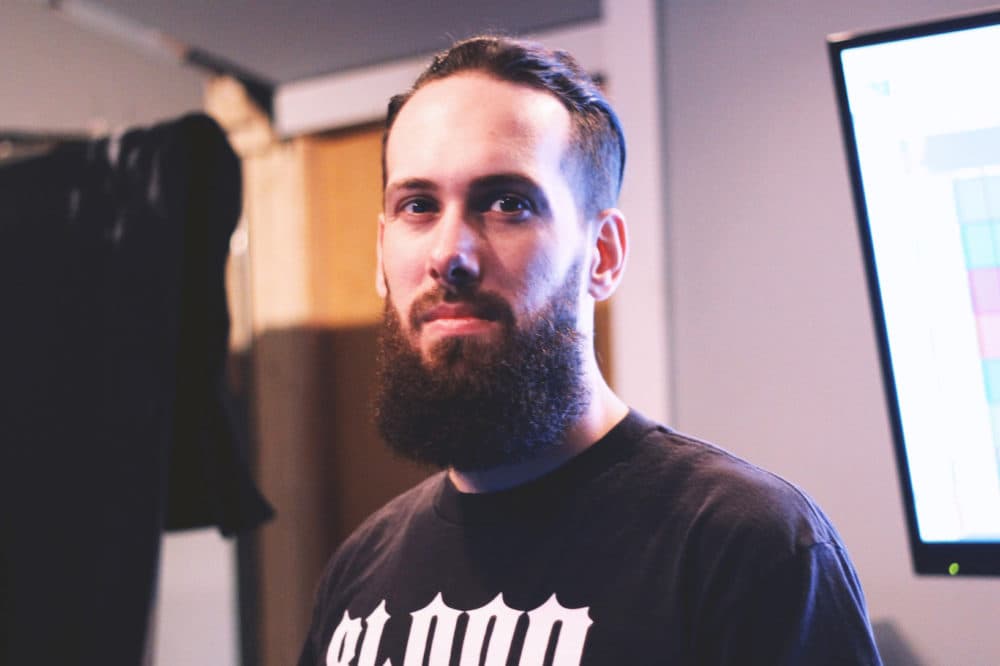
When you do get the break here, it's very easy to just blow through all your options in like six months and then it's like, well what do I do now? If you don't have the next piece set up you might get stuck. ... Until recently there was no real way to make that jump [to the next level]. The story was, you have to move to LA, or you have to move to New York, Atlanta, Nashville. You couldn't stay in Boston because there's no industry here.
It's crazy, every place that even we used to play has been shut down gradually over time. Church [of Boston] used to be huge for us. I mean, right now I think Middle East is a constant, and their affiliates. And then Lilypad has been good, out in Cambridge. I went to some cool shows at Dorchester Art Project, they've been doing more now. And there's little galleries and stuff. But we've had to go to non-traditional venues because, in terms of actual venues, there's really not too many. The problem is more the smaller rooms. There's the medium and large-size rooms, but you need to build a draw to get into those doors and then promoters aren't even necessarily interested in developing talent like that.
I've always had this feeling, like there was some sort of [hip-hop] renaissance or something going on here, with just this explosion of artistry that I've been seeing. ... You always feel like you're a part of something special, I feel like so it's hard to tell. Like is this really special, or is it not? And then a lot of the dudes who've been on the scene for a while would pull us aside and say stuff like, “No, it hasn't been like this since like maybe the mid-'90s.”
Akrobatik
Rapper
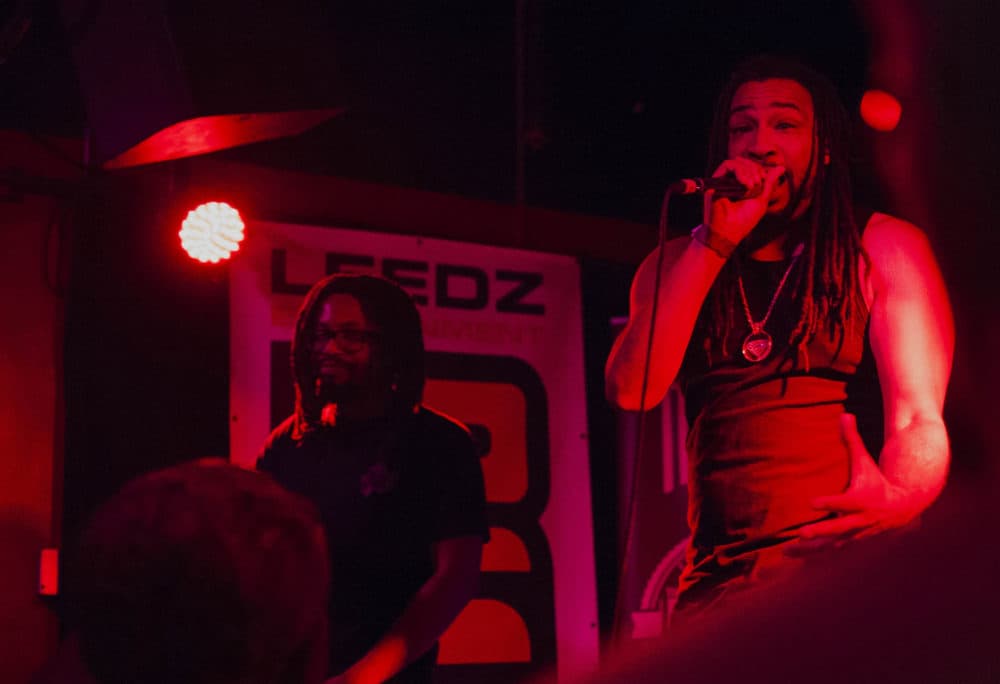
There was a time where the indie hip-hop scene had a tipping point, and that was [the] later ‘90s. Once we hit, like ‘97, '98, '99, we took a really do-it-yourself approach. We had the support of college radio. WERS Emerson was a big big part of that, and they had things like “889@night,” which was a [four-hour-long] hip-hop show, and during that show they had the Nightwatch report, where they would keep people informed on what the local MCs were doing, where we'd be playing out and things like that. So booking shows was a little easier because there was a general eagerness about the whole movement. And we didn't have social media, so going out and seeing shows was pretty much your only access to folks unless you were listening to the radio.
I was probably doing two or three shows a month, just in Boston, I'd say from 1998 to 2004 or [2005], for sure. And now — I mean, of course every artist has their own perspective because the situation of your career is going to change, maybe you're traveling more so your local presence is different, it just has evolved. For me, I would say, yeah, it was easier back then.
I can understand why it would make somebody upset when when a club says, “Oh, we don't do hip-hop.” And I still hear that now, not just in Boston. I was just talking to someone who was going to be booking me at a club in New Hampshire and I hit the guy back up a week later like, “Are we still on?” And he was like, “Oh, it turns out that there was an incident, you know, some black people got into a fight.” And the venue's natural response to black people fighting is, “Oh, we should stop having hip hop-here.”
I think that where we do see ... racism in a really acute way would be at the front door of venues and clubs. That's kind of the only time in Boston where I feel like I'm being judged on my race. ... There's restaurants in Boston and Kenmore Square by Fenway Park that it says, you know, “No caps, no baggy jeans, no gold chains.” Fifty years ago that sign would have just said “Whites Only.”
Brandie Blaze
Rapper
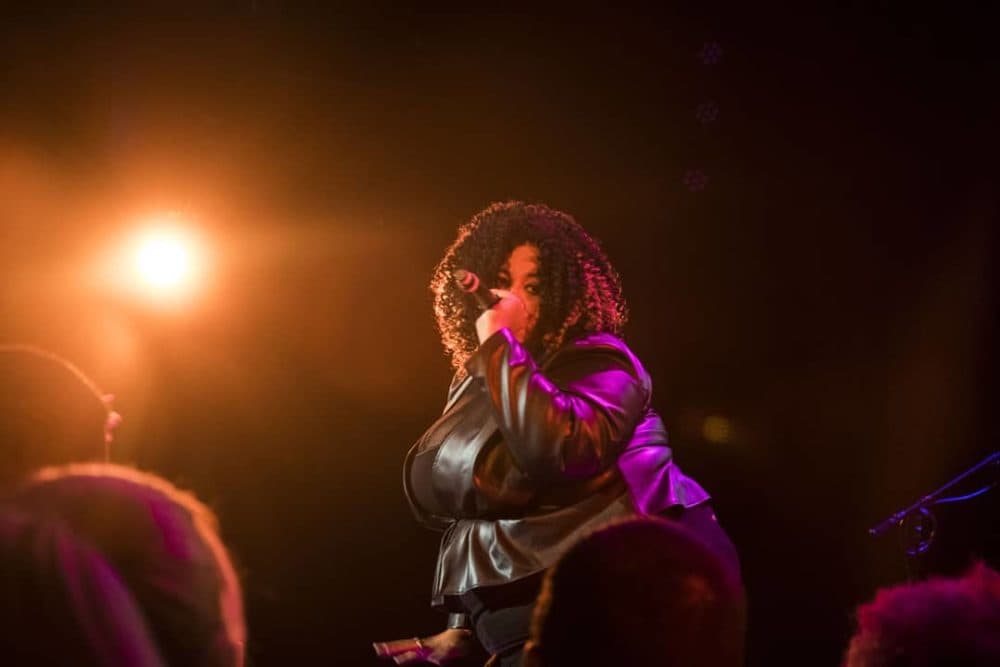
I get a lot of support but are there times where I think, maybe if, as a woman, as a black woman, as a fat black woman, as a fat black queer woman, maybe if my music wasn't so aggressive, and what some people would say is vulgar — I guess that's accurate — would I be further? … Has that prevented me from opportunities? Absolutely. Absolutely it has. I can't say that it hasn't. I've had people blatantly tell me that my music is too vulgar, that my music is too aggressive, and for those reasons we can't book you or we can't do certain things with you.
It became a problem of, well, what do you do to go up to that next level? If I have a venue here that's 100 people, max, how do I get to the venue that's three to four hundred, so that I can show the progression and the growth of my fan base? And that was definitely missing.
I’ve been able to get larger stages, bigger venues, and people being a lot more receptive to hip-hop and what we do. There's definitely venues that support. Two of my favorite venues are Great Scott and Oberon. They've been fantastic, open to us, booking us, and I think it's just kind of spreading out to other venues as well.
Boston's going to be known as a hip-hop city. I would stake anything on it. I know it's going to happen. Because all the stars are starting to align, and once the stars align, it's over.
Lisa Finelli
Promoter, founder & CEO Xperience Creative
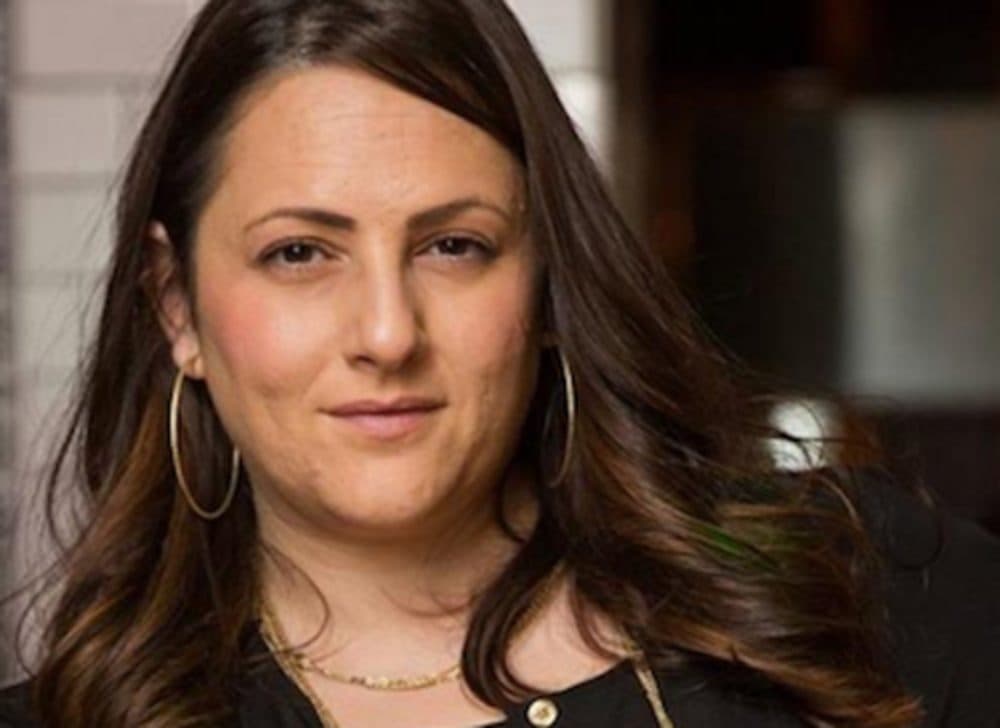
We've seen a slow progression over the years, where it was much more difficult to bring any type of hip-hop, R&B, soul act into a venue in Boston proper. Now it's a little bit easier and you're seeing the door opened a little more, and I think artists and managers are also smartening up a little bit. They're not relying solely on the venues to get into those spaces. They're reaching out to the headlining managers and they're making connections to them before they even come into town so [local artists] have an opportunity to get on those shows. I think that we're learning how to better navigate the scene.
On a day-to-day basis I'm seeing great segmentation among the hip-hop community. And at the end of the day we all have similar struggles, so why that is is really questionable to me. But I feel like we do, as a community, the Boston hip-hop community, has more opportunity than they did a year ago and two years ago. And they probably will [have] more opportunity a year from now.
Marquis Neal
Promoter, co-founder N.E.O.N.E.
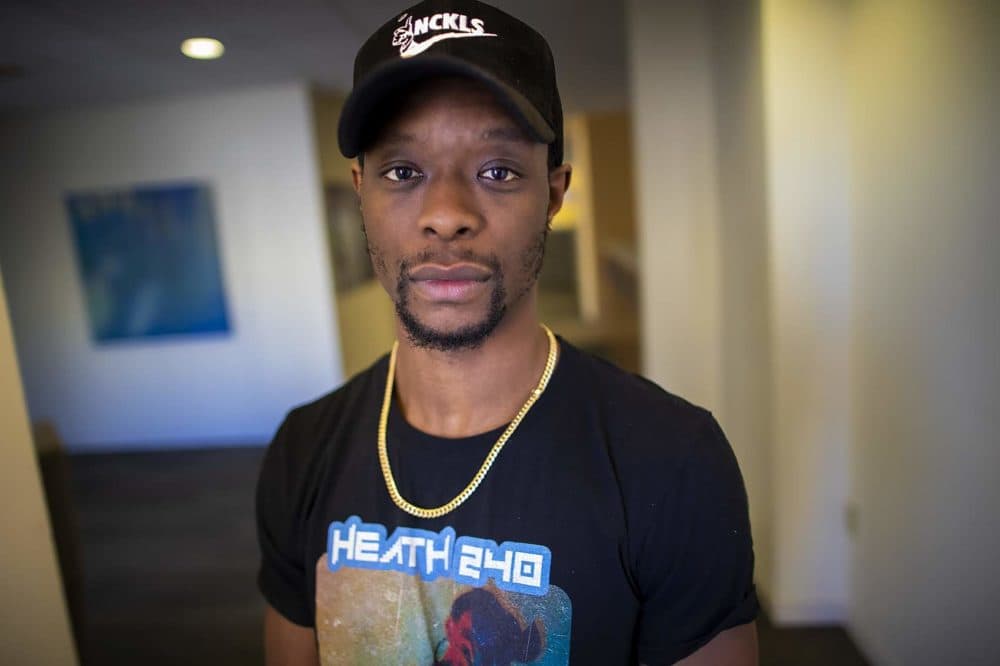
Have things changed in Boston in the last year as far as it pertains to the Boston music scene and access to venues? There's definitely been some movement. There's been change. Has it been substantial change? I don't think so. But there's definitely been progress in the right direction.
I think that the biggest challenge for hip-hop artists in Boston now — for me, and from my perspective — I think it's just them understanding their market. Boston's a small city. Massachusetts is a small state. You can't do a bunch of shows here in a three month span and expect a bunch of growth, because you're probably going to get a lot of the same people coming to the same shows.
I would love to see a more inclusive Boston Calling. You know what I'm saying? I would love to see some people from Boston organize something like a Boston Calling so that we wouldn't have to complain about the Boston Calling. I would like to see some of the top people from the music industry in Boston, of all genres, come together and put together a lineup or a festival that's strongly featuring artists from the scene, as opposed to the other way around.
Christine Varriale
Promoter, editor-in-chief Allston Pudding
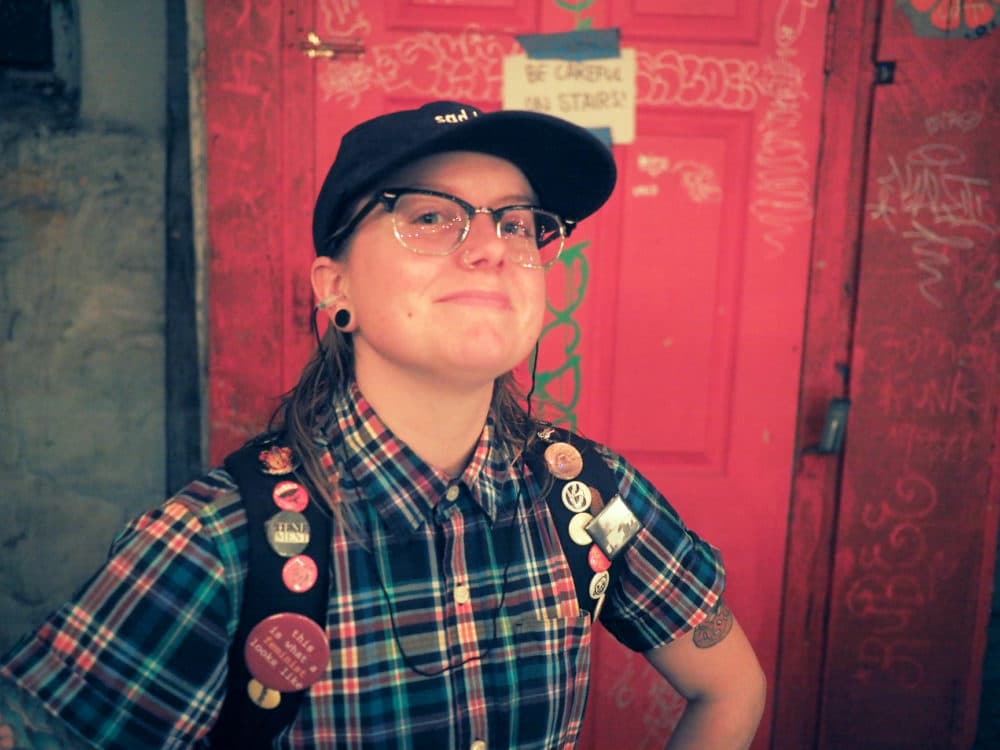
Allston Pudding started doing more hip-hop programming, I would say, in the last two or three years. ... We started definitely as like an indie rock sort of blog, but there are so many other kinds of music out there so why wouldn't we cover all the stuff that's good and local? ... I started to get really bored with shows where everybody kind of sounded similar or it was all one genre, and I saw other people doing mixed shows in Boston and I was like, why can't we do that?
I've seen sort of a shift in the indie rock scene where people are thinking about inclusively of not just people from all walks of life, but all different kinds of music. … I see weird electronic music paired with indie rock. I see slowcore mixed with hip-hop, and it's cool to see that other people are trying to really push the bounds.
I definitely feel that my whiteness and my presence in the music scene gives me access to spaces that others may not [have], because of that privilege. And that's why I want to work so hard to help those people out. Even if I'm not the one who's actively booking those shows, I want to be the person to connect you to the people who can help you book those shows. Because I want to see more of that, and I can't be the one person to do it. We all got to work for it.
Cliff Notez
Rapper, artist, founder HipStory
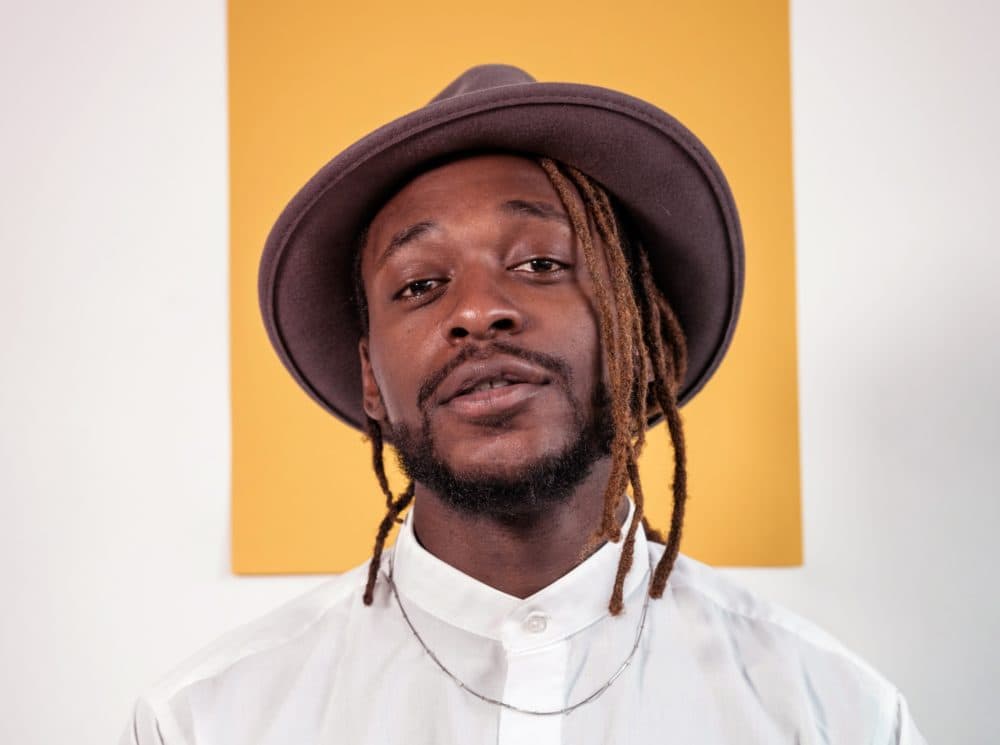
What I would like to see is bringing the conversation to the people who have the power. Just turning the attention on them. I think that'll be the next step. … Part of that is getting more people who have no [power], or haven't had the experience of having that power, and giving them that access to be the decision makers at those tables. … That's what I wanted to do with HipStory. I didn’t see myself at these tables, or people who look like me at these tables. When I created a table of my own, whether people were going to come down and eat at it wasn't my concern, but it was more [that] I just needed to have something of my own, so I didn't have to worry about these other tables. Let's just get other people creating their own tables, as well. Creating their own platforms.
What would make all of this change is just equal distribution of power. ... There's people who have just been born into privilege, whereas people like myself have to scrap for everything. And it makes it a little harder to follow our dreams.
A previous version of this article misspelled Akrobatik's name. We regret the error.
This article was originally published on February 28, 2019.
This segment aired on February 28, 2019.
